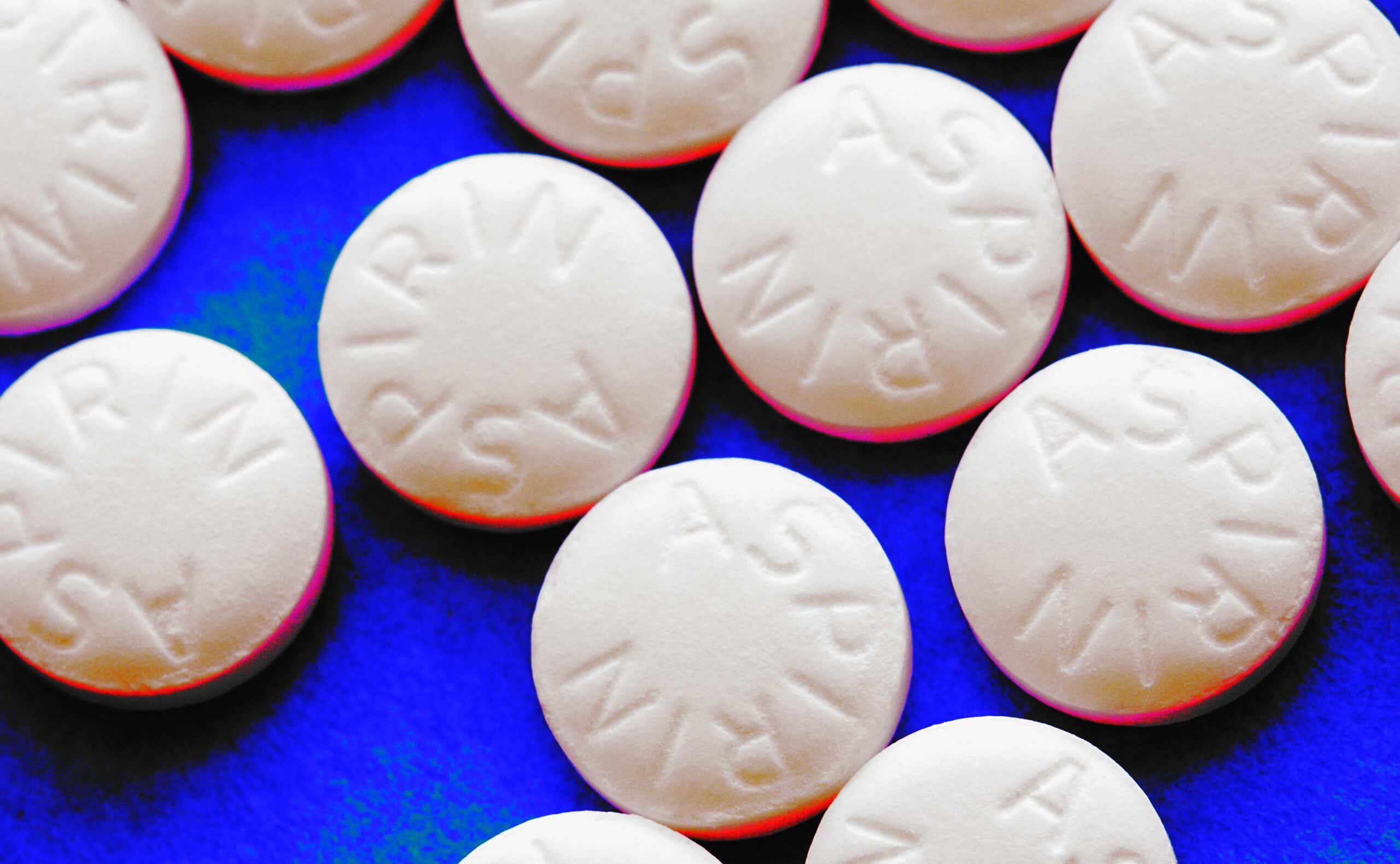For years, doctors have prescribed a daily dose of baby aspirin to lower the risk of a first heart attack or stroke. But new guidance from a panel of experts has thrown that into question — and warned the drug could even be harmful to some. Here’s a breakdown:
What’s in the new guidelines?
People 60 and up should no longer consider starting a daily regimen of low-dose aspirin to prevent heart attack or stroke, the U.S. Preventive Services Task Force said in new draft guidelines. (The draft is expected to be formally adopted after a Nov. 8 deadline for public comments on the decision.) This marks a reversal for the panel, which in 2016 recommended the drug for those with high blood pressure, high cholesterol, obesity, and other conditions that increase their risk of heart disease.
The task force also said adults in their 40s and 50s should ask their doctors whether the treatment is right for them. The drug is still recommended for those who have already had a heart attack or stroke — but they’re also being advised to speak to their doctors.
What do the guidelines say about colorectal cancer?
The panel is no longer endorsing baby aspirin as a way to prevent colorectal cancer. Trials have shown that the drug inhibits the growth of polyps in the colon, Dr. Andrew Chan, director of cancer epidemiology at Mass General Cancer Center, told the New York Times — but the task force pointed to a new study that linked aspirin use to a higher risk of death from the cancer in patients 70 and up.
What’s driving the change?
For years, leading medical groups have warned about using aspirin as a tool against heart disease. The drug is a common pain reliever, as well as a blood thinner, and it can reduce blood clots. But even at low doses, it can increase the risk of dangerous bleeding in the digestive tract and brain. Better medications have also been developed to treat cholesterol or high blood pressure, meaning there’s “less room for aspirin now to make a difference,” said Dr. Donald M. Lloyd-Jones, president of the American Heart Association. But, he added, “There is still the risk of bleeding.”









